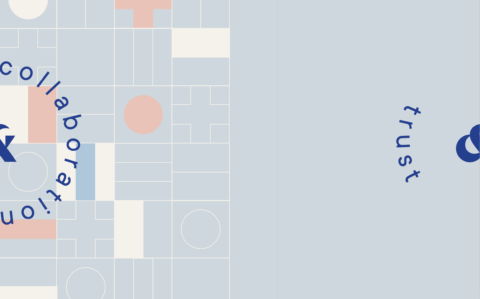Fragmentation of IT services
Finland conducted a mapping in 2017 of the information systems the municipalities were using. The investigation found 1902 different services. Read more…
Reforms to unite systems and data
Reforms are underway to streamline and standardise forms, documentation, and management data. It also aims to increase documentation quality, leading to improved identification of trends and challenges, and an evidence base for improving practices. This work is also supporting a common language across social services and improving the visibility of social services to policymakers.
A centralised database as a data mediator
An example of a system that aims to unite fragmented systems is “Kanta”. Kanta is a centralised database for social welfare and healthcare data. Authorised social and health care service providers can use Kanta to access up-to-date information about their patients’ wellbeing and history.
Kanta serves as a data mediator between organisations, decreasing the need for local archiving and providing a foundation for statistics, reports, research, and other secondary use.
Consent for and obligatory use of harmonised data collection
The Act on the Electronic Processing of Client Data in Healthcare and Social Welfare came into force in November 2021. It obliges social welfare services and enablers to join Kanta. The Act also makes it possible to disclose data on social welfare clients to other social welfare services. The authorisation to disclose client data is in line with the EU General Data Protection Regulation. The Act enables clients to save wellbeing data in their personal health record. Healthcare and social welfare professionals have access to this data and can use it if clients give their consent. Read more…
By March 2026, all service providers are obliged to use more standardised forms, while allowing for regional adaptations.

